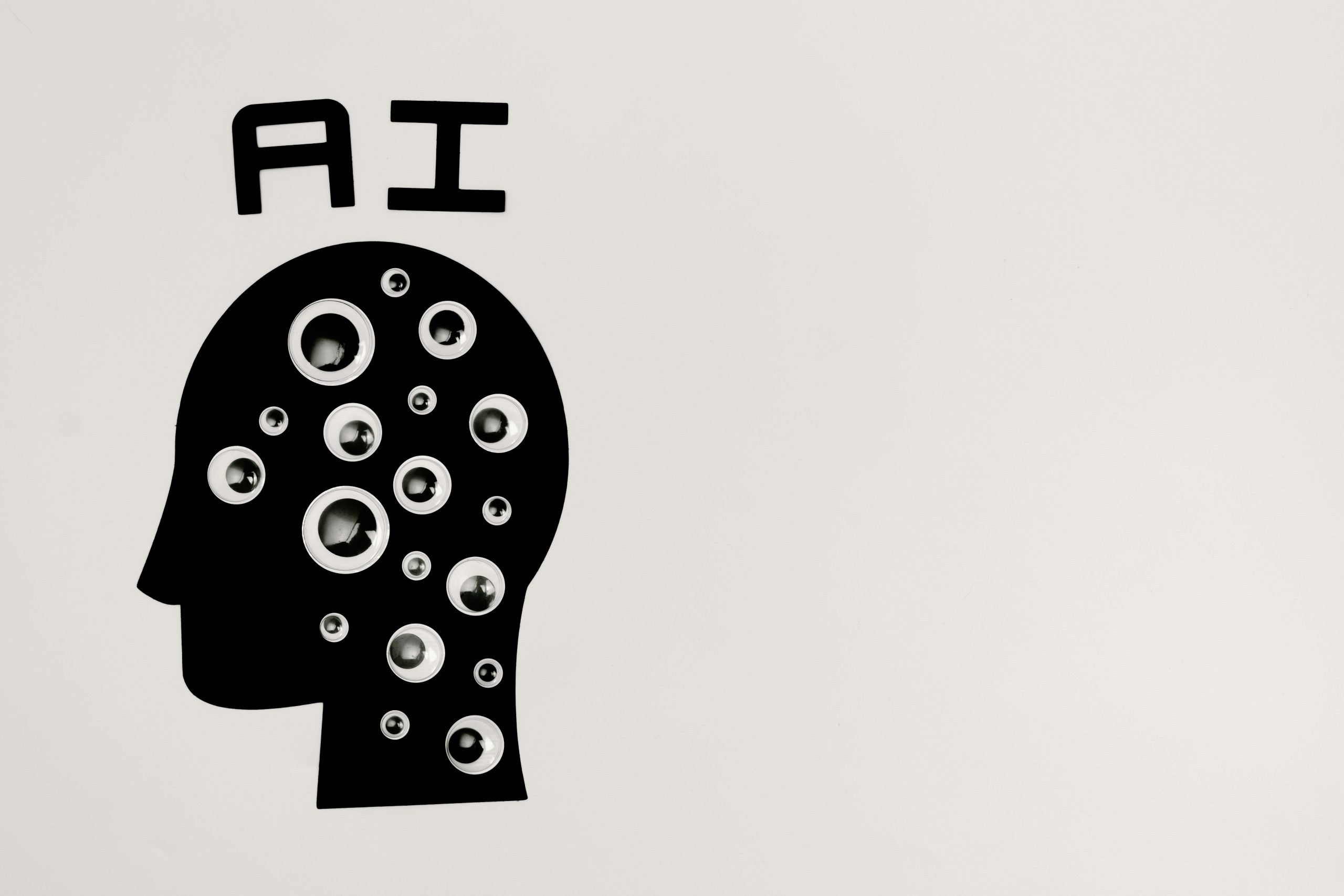The most frightening aspect of AI, in my view, is that the ethical and philosophical frameworks we’ve built over thousands of years may no longer be adequate to address the challenges of the near future.
The Ethical Challenges of Artificial Intelligence: Navigating Uncharted Territories
As AI technology continues to advance at an unprecedented pace, many experts and observers are beginning to question whether our traditional ethical frameworks and philosophical approaches are truly sufficient to address the complex dilemmas that lie ahead.
A recent example that has sparked considerable debate involves the use of AI-generated animations to bring old family photographs to life. For instance, a post on social media showcased an AI-created animated image of a person hugging their mother from a vintage photograph. This simple yet powerful application of AI has elicited a wide range of emotional responses and discussions.
On one hand, many see such developments as opportunities to preserve cherished memories or aid in overcoming personal grief. This technology allows individuals to reconnect with loved ones in a deeply personal way, offering comfort and a sense of closeness that might otherwise be lost.
Conversely, critics argue that creating animated reconstructions can distort reality and alter personal memories, potentially leading to confusion or misinterpretation of the past. The concern is that such artificially generated images, while emotionally compelling, may contribute to a false sense of historical accuracy or manipulate perceptions of reality.
The debates surrounding AI’s implications today reflect groundbreaking ethical questions that would have been almost unimaginable just a few decades ago. The rapid acceleration of AI capabilities forces us to reconsider longstanding moral principles and philosophical stances—many of which were formulated in a pre-digital, pre-AI era—to ensure responsible development and use.
As we continue to explore these technological frontiers, it’s crucial to acknowledge that we are venturing into largely uncharted territory. While clear-cut answers remain elusive, fostering thoughtful dialogue and ethical foresight will be vital in shaping a future where AI benefits society without compromising our fundamental human values.














Post Comment